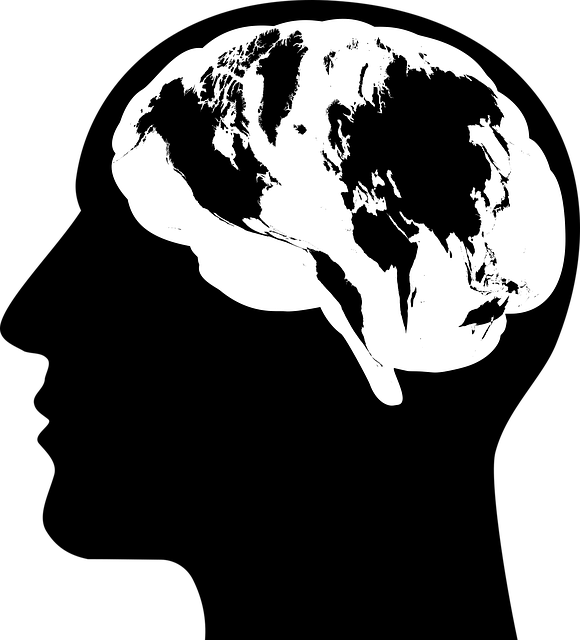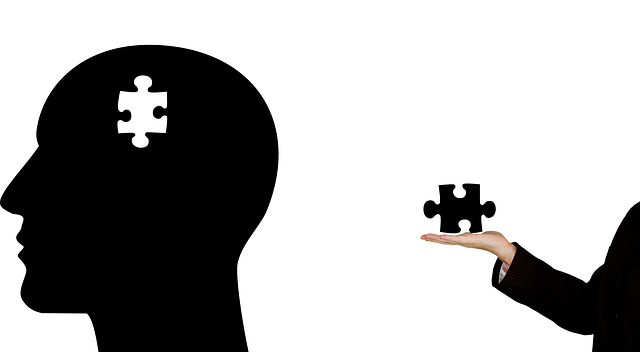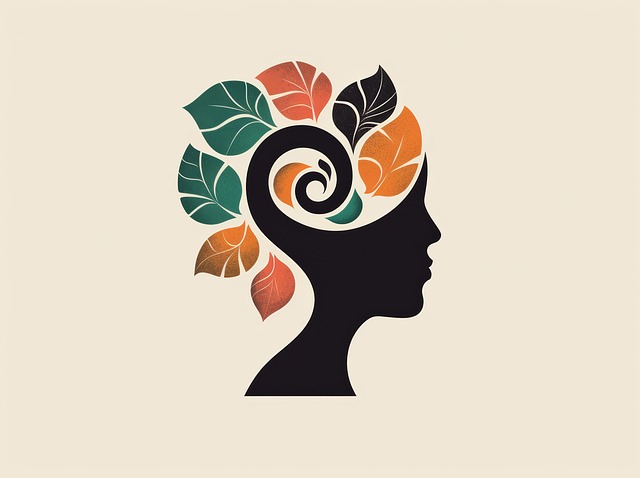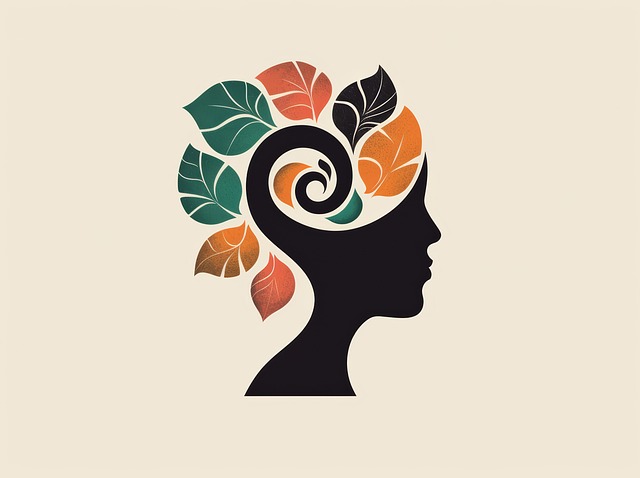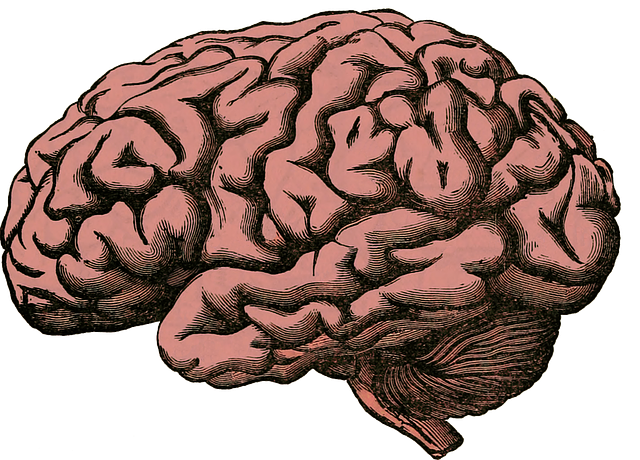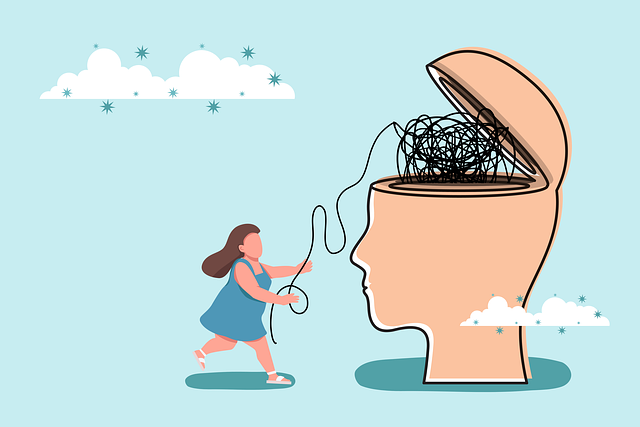Centennial Dialectical Behavioral Therapy (DBT) is an evidence-based approach to mental health treatment, focusing on emotion regulation and interpersonal skills. It combines cognitive-behavioral techniques with mindfulness practices for effective management of disorders like borderline personality disorder, depression, and anxiety. DBT empowers individuals through structured therapy, building emotional resilience and coping strategies. Peer support groups and professional guidance from specialized therapists ensure comprehensive care. This holistic method not only improves individual well-being but also promotes community engagement and reduces stigma surrounding mental illness.
Mental illness diagnoses can be complex, but understanding the process is pivotal for navigating effective treatment. This comprehensive guide aims to demystify mental health assessments, offering insights into various diagnosis methods and their implications. We explore the transformative power of Centennial Dialectical Behavioral Therapy (DBT), highlighting its role in treatment plans. Additionally, this article guides readers through the maze of treatment options, emphasizing the importance of personalized support systems for optimal recovery. Breaking stigma is a key focus, showcasing how DBT fosters community engagement and empowers individuals on their path to wellness.
- Understanding Mental Illness Diagnoses: A Comprehensive Guide
- The Role of Dialectical Behavioral Therapy (DBT) in Treatment
- Navigating Treatment Options and Finding the Right Support System
- Breaking Stigma: How Centennial DBT Can Foster Recovery and Community Engagement
Understanding Mental Illness Diagnoses: A Comprehensive Guide

Understanding Mental Illness Diagnoses: A Comprehensive Guide
Mental illness diagnoses can be complex and often involve a range of symptoms and conditions. It’s essential to approach this process with empathy, patience, and an understanding that recovery is a unique journey for each individual. The diagnosis stage serves as a crucial foundation for developing tailored treatment plans. Professional healthcare providers use standardized tools and assessments to evaluate symptoms, rule out other potential causes, and assign the most appropriate mental health disorder category. This meticulous process ensures individuals receive the right support, whether it’s through therapy types like Centennial Dialectical Behavioral Therapy (DBT), or other evidence-based practices.
Centennial DBT, for instance, is a specialized form of therapy designed to help individuals manage intense emotions and develop effective coping strategies. By integrating cognitive-behavioral techniques with mindfulness practices, DBT promotes emotional well-being promotion techniques that empower individuals to navigate challenges more resiliently. Beyond therapy, Mental Wellness Coaching Programs Development plays a significant role in supporting long-term mental health management. These programs often combine education, goal setting, and personalized strategies to enhance mental wellness coaching skills, fostering an environment conducive to sustained recovery and improved quality of life.
The Role of Dialectical Behavioral Therapy (DBT) in Treatment

Dialectical Behavioral Therapy (DBT) has emerged as a highly effective approach in mental health treatment, particularly for individuals dealing with complex emotional regulations and interpersonal challenges. This therapy is a game-changer in the field, offering a comprehensive framework to address various mental illnesses, including borderline personality disorder, depression, and anxiety disorders. DBT combines cognitive-behavioral techniques with mindfulness practices, empowering clients to develop coping skills and enhance their overall well-being.
In the context of burnout prevention strategies for healthcare providers, DBT can also benefit practitioners by teaching them empathy building strategies and improving emotional resilience. By fostering a deeper understanding of their own emotions and those of others, healthcare professionals can provide more compassionate care. This therapy’s focus on coping skills development is invaluable in helping both patients and caregivers navigate challenging situations, promoting better mental health outcomes within the community, especially in Centennial areas where access to specialized services is crucial.
Navigating Treatment Options and Finding the Right Support System

Navigating treatment options is a crucial step in managing mental illness effectively. It often involves exploring various therapeutic approaches to find the best fit for individual needs. One evidence-based method gaining recognition is Centennial Dialectical Behavioral Therapy (DBT). DBT combines cognitive-behavioral techniques with mindfulness practices, empowering individuals to regulate emotions and improve interpersonal relationships. This therapy has proven successful in treating complex mental health disorders, offering a structured framework for personal growth.
Building a robust support system is equally vital. Connecting with like-minded individuals through peer support groups fosters a sense of community and understanding. Additionally, seeking professional guidance from therapists or counselors specializing in specific areas can provide specialized care. Stress Management Workshops Organization offers valuable resources, teaching coping strategies to manage everyday stressors. For mental health professionals, Risk Management Planning becomes essential, ensuring they have the tools to navigate challenging situations while prioritizing emotional intelligence—the ability to understand and manage one’s emotions and those of others. This comprehensive approach ensures individuals receive holistic support during their treatment journey.
Breaking Stigma: How Centennial DBT Can Foster Recovery and Community Engagement

Breaking Stigma: A Path to Recovery and Community Engagement
Centennial Dialectical Behavioral Therapy (DBT) offers a transformative approach to mental health care, challenging societal stigmas surrounding emotional disorders. By fostering a deeper understanding of emotional intelligence, DBT equips individuals with essential tools for managing distressing emotions and reducing impulsive behaviors. Through structured therapy sessions, clients learn effective coping strategies, enhancing their overall well-being.
This therapeutic model focuses on the interconnectedness of mindfulness, distress tolerance, emotion regulation, and interpersonal effectiveness, enabling participants to navigate their emotional healing processes. By engaging in group therapy and building a supportive community, Centennial DBT promotes a sense of belonging and encourages active participation in one’s recovery journey. This holistic approach not only enhances individual growth but also fosters community engagement, creating a network of support for those facing mental health challenges.
In conclusion, navigating mental illness diagnosis and treatment can be a complex journey. By understanding the intricacies of conditions through comprehensive guides like “Understanding Mental Illness Diagnoses,” exploring evidence-based therapies such as Dialectical Behavioral Therapy (DBT), and leveraging support systems tailored to individual needs, individuals can find effective paths to recovery. Centennial Dialectical Behavioral Therapy serves as a beacon of hope, fostering recovery and community engagement by breaking down stigmas and offering compassionate, specialized care.
